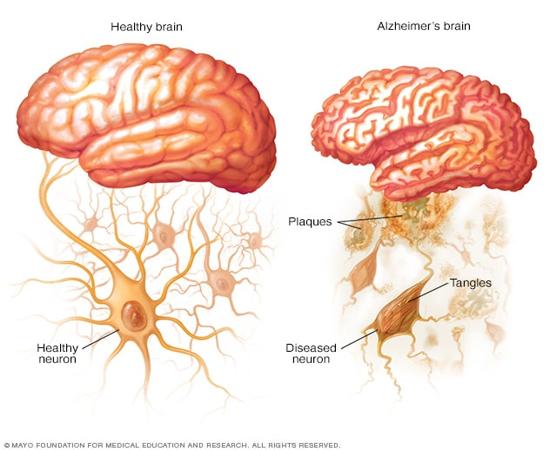Introduction
When it comes to Alzheimer’s dementia, brain health is of utmost importance. The brain is the control center of our bodies, responsible for everything we do and think. Alzheimer’s disease affects the brain in various ways, leading to cognitive decline and memory loss. Understanding how to maintain brain health and potentially slow down the progression of Alzheimer’s dementia is crucial in improving the quality of life for those affected by this condition.
Benefits of Maintaining Brain Health
Maintaining brain health can have numerous benefits, not only for those with Alzheimer’s dementia but for everyone. By taking care of your brain, you can potentially reduce the risk of developing dementia and other cognitive impairments. Keeping your brain active through mental exercises, maintaining a healthy diet, regular physical exercise, and getting enough sleep are all ways to promote brain health and overall well-being.
Detailed Explanation
Alzheimer’s disease is a progressive neurological disorder that affects the brain, leading to memory loss, cognitive decline, and behavioral changes. The disease is characterized by the formation of plaques and tangles in the brain, which disrupt communication between nerve cells and ultimately lead to cell death. As the disease progresses, the brain shrinks in size, affecting memory, thinking, and behavior.
FAQs
1. How does Alzheimer’s disease affect the brain?
Alzheimer’s disease affects the brain by causing the buildup of plaques and tangles, which interfere with the communication between nerve cells. This disruption leads to the death of nerve cells and the shrinking of the brain over time.
2. What are the effects of dementia on the brain?
Dementia, including Alzheimer’s disease, can have various effects on the brain, including memory loss, cognitive decline, and changes in behavior. These effects are due to the damage and loss of nerve cells in the brain.
3. How can brain health impact Alzheimer’s dementia?
Maintaining brain health through activities such as mental exercises, a healthy diet, physical exercise, and proper sleep can potentially help slow down the progression of Alzheimer’s disease and improve overall brain function.
4. Is it possible to prevent Alzheimer’s disease through brain health?
While there is no guaranteed way to prevent Alzheimer’s disease, maintaining brain health can potentially reduce the risk of developing the condition or slow down its progression. Engaging in activities that stimulate the brain and promote overall well-being can be beneficial in this regard.
5. What role does genetics play in Alzheimer’s disease and brain health?
Genetics can play a role in the development of Alzheimer’s disease, as certain genes have been linked to an increased risk of the condition. However, lifestyle factors such as diet, exercise, and mental stimulation also play a significant role in brain health and may help offset genetic predispositions.
Conclusion
In conclusion, brain health is crucial in the management and potential prevention of Alzheimer’s dementia. By taking steps to maintain brain health through various activities and lifestyle choices, individuals can potentially improve their quality of life and slow down the progression of Alzheimer’s disease. Understanding how Alzheimer’s disease affects the brain and the importance of maintaining brain health can empower individuals to take control of their cognitive well-being and overall health.


